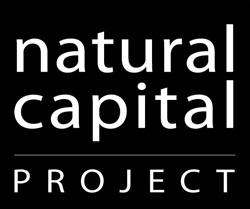International initiatives

The Intergovernmental Science-Policy Platform on Biodiversity and Ecosystem Services (IPBES) is a new development that will act as an interface between the scientific community and policy makers. It is the result of three recent intergovernmental, multi-stakeholder meetings (Malaysia 2008, Kenya 2009, Republic of Korea 2010), addressing gaps in the science-policy interface and aims to act as a global mechanism for bridging these gaps. Once fully operationalized at the upcoming plenary sessions in late 2011 and early 2012, IPBES will collect, synthesize and analyses information, building capacity for and promoting the use of science in decision making.

The Natural Capital Project—a partnership among WWF, The Nature Conservancy, University of Minnesota and Stanford University—works to provide decision makers with reliable ways to assess the true value of the services that ecosystems provide.